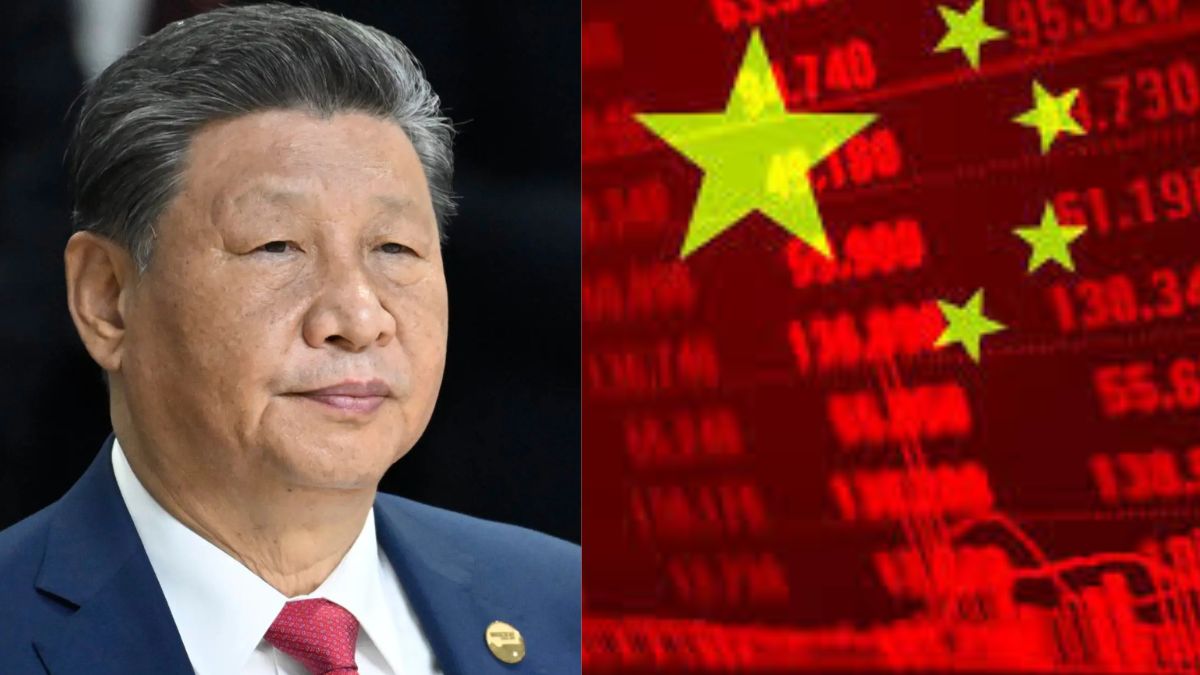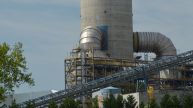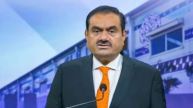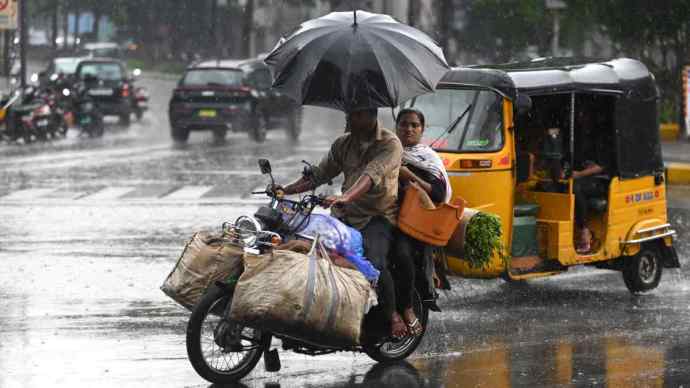Following China’s warning, the US has imposed a 104% tariff on Chinese goods. The move has sparked strong backlash from Beijing, which is now gearing up to intervene in global markets and intensify its competition with the US. Nomura, a financial services company had said that China’s government backed investors will likely step in and support the stock market soon. China’s central bank (PBoC) supports government-backed investors known as ‘national teams’, and these investors plan to directly intervene in the stock market.
What Happened To China When US Increased Tariffs
Stock markets in Mainland China were down by up to 2% earlier in the day after the U.S. imposed heavy tariffs (104%) on Chinese goods. However, within a few hours, the market recovered and became stable. Nomura described the situation as a high-stakes conflict between the U.S. and China, where neither country is willing to back down. It said that the first visible impact of this tariff war is being seen in the financial markets, especially stocks.
Also Read: Tit For Tat! China Hits Back With 84% Tariffs On US Goods After Trump’s 104% Blow To Beijing
To help stabilize things, Nomura believes that the PBoC might not only support the markets but also make big moves like cutting interest rates or reducing reserve requirements for banks sooner than expected. However, unlike past years, Nomura doesn’t think China will weaken its currency (RMB) much because of the ongoing property market crisis.
“US and China are stuck in an unprecedented, and expensive, game of chicken, and it seems that both sides are unwilling to back down. The first real battleground of the tariff war is financial markets, especially stock markets,” Nomura said. Meanwhile, the White House announced that China plans to respond to President Trump’s latest order (executive order 14257), which led to new U.S. tariffs starting from April 9, 2025.
China Is More Reactive Rather Than Proactive
The White House also warned China against retaliation and praised Trump’s tough stance, calling him someone with a “spine of steel.” In response, Chinese Premier Li Qiang said China has strong policy tools to handle any negative impact from outside.
“We anticipate more support for tech innovation and self-sufficiency, and monetary easing in the form of more cuts to its RRR (100-200bps) and policy rate (30-50bps). However, at present, Chinese policy remains reactive rather than proactive,” UBS said in a note.
Chinese ‘Attack’ On US
Nomura, in another report, said that rising inflation and slower growth in the US could lead the country close to a recession. This situation has led the US central bank (the Federal Reserve) to delay cutting interest rates until December. Nomura believes the US tariffs will not heavily affect India and expects global companies to shift their supply chains to India, allowing the country to benefit.
For most Asian countries, which buy more oil than they produce, falling oil prices are a good thing because it helps their economy.












